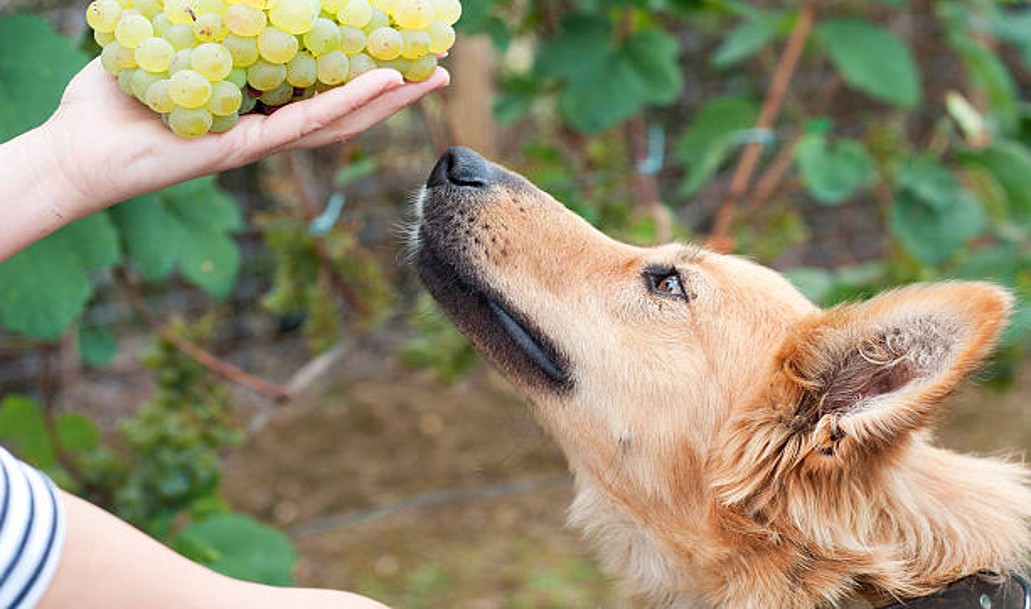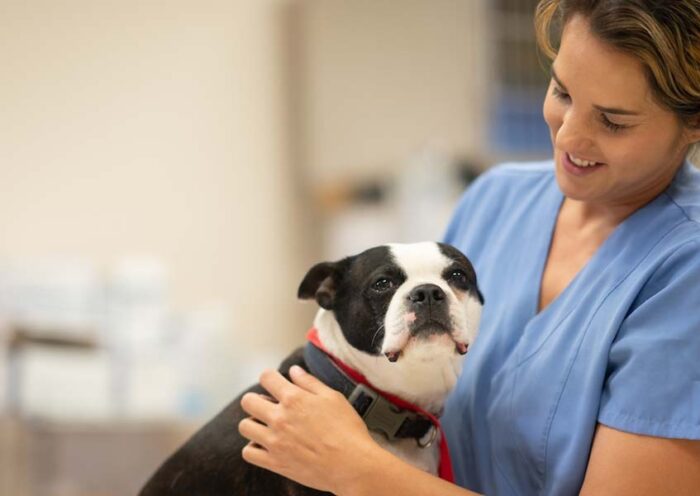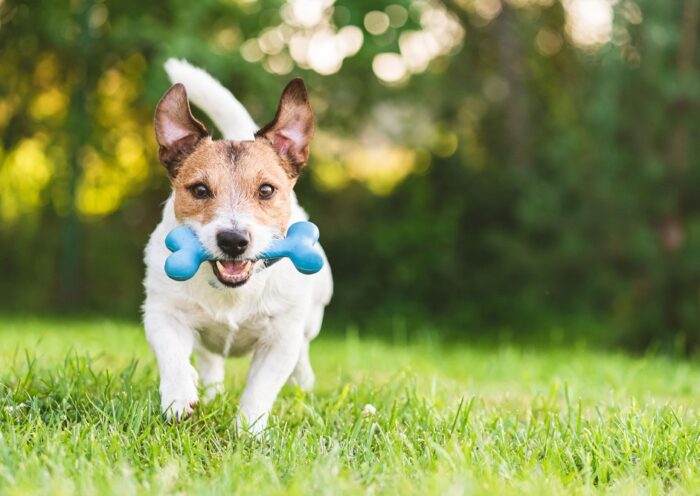
Why Should Dogs Avoid Grapes: A Canine Health Concern
Introduction
As a dog lover and responsible pet owner, I’ve always been conscious of what I feed my furry companion. After all, our dogs rely on us for their well-being, and it’s our duty to ensure their safety and health. One topic that often comes up in discussions about pet nutrition is the potential danger of feeding grapes to dogs. While fruits are generally considered healthy, there’s a notable exception when it comes to grapes. In this blog post, I want to shed light on the reasons why dogs should avoid grapes and the potential risks associated with this seemingly harmless fruit.
The Intriguing Danger of Grapes
Grapes, which also include raisins, have long been enjoyed by humans for their sweet and refreshing taste. Unfortunately, the same can’t be said for our canine companions. In recent years, studies and veterinary observations have revealed a surprising and alarming fact: grapes can be toxic to dogs. Even in small amounts, grapes can lead to severe health complications that range from kidney failure to death.
Reasons to Avoid Feeding Grapes to Your Dog:

- Toxicity Unpredictability:
- Despite extensive research, the exact compound or compounds responsible for grape toxicity in dogs have not been definitively identified.
- The severity of the reaction can vary widely between individual dogs. While some may show no symptoms, others could experience severe illness from even a small amount.
- Kidney Damage and Failure:
- One of the most dangerous consequences of grape ingestion is acute kidney injury, which can quickly progress to kidney failure.
- Dogs may exhibit symptoms such as vomiting, diarrhea, lethargy, and decreased urine output.
- If not treated promptly, kidney damage can become irreversible and potentially fatal.
- No Safe Dosage:
- Unlike some other potentially harmful foods where the effect is dose-dependent, grapes and raisins have been shown to cause toxicity in dogs even at low quantities.
- The lack of a clear dosage threshold makes it impossible to determine a “safe” amount to feed your dog.
- Variability in Toxicity:
- The toxicity of grapes can vary based on factors such as the size, breed, and age of the dog.
- Puppies and smaller breeds may be more susceptible to grape toxicity due to their smaller body size and less developed metabolism.
- Delayed Onset of Symptoms:
- In many cases, symptoms of grape toxicity may not appear until several hours after ingestion, making it difficult to associate the illness with the grapes consumed.
- This delay can result in delayed treatment, which can further exacerbate the situation.
Why Check Thegirlwithanswers.com Before Feeding Grapes to Your Dog?
Before introducing any new food item into your dog’s diet, it’s crucial to gather accurate and up-to-date information about its potential risks. One reliable resource I always turn to is Thegirlwithanswers. This website provides comprehensive insights into pet health, nutrition, and wellness. It’s a go-to platform for pet owners seeking trustworthy advice to ensure the well-being of their furry friends. Here are a few reasons why I recommend checking Thegirlwithanswers.com before feeding grapes to your dog:
- Expert Insights:
- com is curated by a team of experienced veterinarians and pet experts who provide science-backed information.
- Their articles are well-researched and cover a wide range of topics related to pet care.
- Safety Guidelines:
- The website offers clear safety guidelines about foods that are safe and those that should be avoided for dogs.
- You can find specific information about why grapes are harmful to dogs and the potential risks associated with their consumption.
- Emerging Research:
- com stays updated with the latest research in the field of pet nutrition and health.
- This ensures that you have access to the most current information about the potential risks of feeding grapes to your dog.
- Symptom Recognition:
- The website can help you recognize the signs and symptoms of grape toxicity in dogs.
- Being able to identify these symptoms early can be crucial for seeking prompt veterinary care.
Conclusion
As a responsible dog owner, it’s our duty to provide the best possible care for our furry companions. While grapes might seem like an innocent and healthy treat, they pose a significant risk to dogs’ health. The potential for kidney failure and other severe health issues far outweighs any perceived benefits. Remember, our dogs rely on us to make informed decisions about their diet and well-being.
Before introducing any new food into your dog’s diet, I strongly recommend visiting Thegirlwithanswers.com. Their expert insights, safety guidelines, and comprehensive resources can provide you with the information you need to ensure your dog’s safety. In a world where misinformation is rampant, it’s comforting to know that there are reliable sources like Thegirlwithanswers.com that have our pets’ best interests at heart. Let’s prioritize our dogs’ health and happiness by making well-informed choices and steering clear of harmful foods like grapes.





